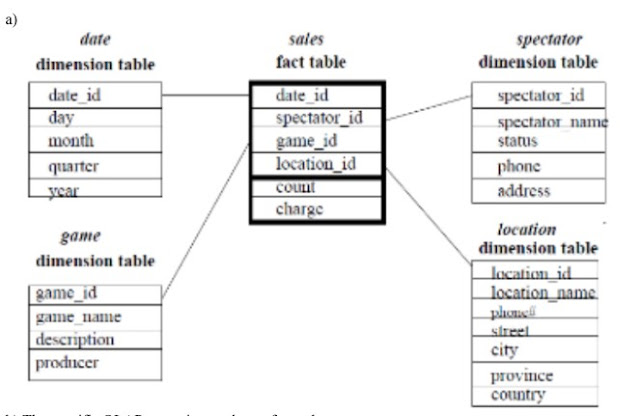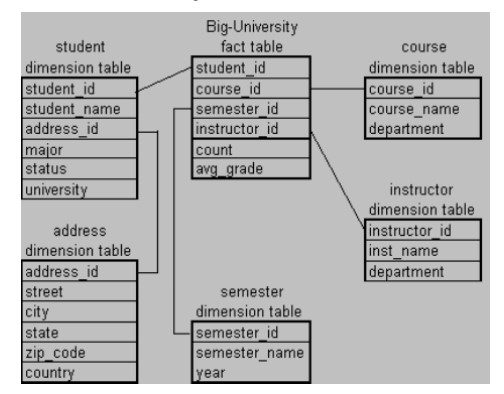What do you mean by managerial skills? State any two skills required to be good manager.
MANAGERIAL SKILLS
A skill is the ability to translate knowledge into performance. A manager needs different kinds of skills to discharge his/her duties effectively. They are technical, human and conceptual, diagnostic and political management skills. They are discussed below.
1.Technical Skills
Technical skills refer to the manager's knowledge and ability to use different ity to techniques to achieve their goals. They are not only related to machines, ques production tools or other equipment. They also refer to the skills needed to boost sales, design different types of products and services, and market the services and the products.
Technical skills are most important for lower level managers. As we go through a hierarchy from the bottom to higher levels, these skills lose their importance.
2. Human Skills
The human or the interpersonal skills are the ability of the managers to interact and work effectively with people both as individual and group. They enable the managers to use the human potential in the organization and motivate the employees for better results. These skills are also called the soft skills. They are equally essential for all levels of managers.
3. Conceptual Skills
Conceptual skills involve the ability to look the organization as a whole and the interrelationships between its parts. They are especially important for top-level managers since they develop long-range plans for the future direction of their organization. Conceptual skills help to deal with complex situations by expanding a range of possible solutions with a creative. mindset and seeing the problem from different ways. and the interrelationships between its parts
4. Diagnostic Skills
Diagnostic skills are the ability to visualize the best response to a situation. They are similar to conceptual skills. However, diagnostic skills are used to find a way to solve the problem effectively. Hence, conceptual skills and diagnostic skills may be viewed as the two sides of the same coin. Diagnostic skills are very useful to solve workplace problems promptly.
5. Political Management Skills
Political skills are the ability to understand people and influence them in ways that contribute to foster relationships at work and build trust among coworkers and superiors. Hence, they help to foster supportive and trusting environments within organizations.
[Note: Diagnostic and political management skills are newly added skills based on recent researches]
OR,
MANAGERIAL SKILLS
Skills are defined as ability or proficiency to do something within acceptable standard. Managerial skills are the special skills prevailing in the managers required to accomplish all the managerial functions effectively and efficiently.
Henery Fayol (1929) identified six different types of skills in managers to be an effective manager of an organization. According to Fayol, managers must have physical, mental, technical, educational, moral and work related skills. Robort Katz (1974) identified three basic skills essential for managers as conceptual, human and technical. Effective managers need a wide variety of skills to achieve the organizational goals as the effectiveness of an organization largely depends upon their creativity and imagination. As a leader, motivator and instructor, every manager should possess conceptual skill, technical skill and human skill in a combination.
1. Conceptual skills: Conceptual skills involve the mental ability of the manager to coordinate interests and activities of organization. It refers to the ability to understand the environmental context influencing business activities of organization. Managers require distinguishing capacity between cause and effect so that they can handle every problem easily. Managers also need to look for opportunities in the changing environment and develop strategic plans to capitalize such opportunities. The managers who involve in planning and organizing function need a high level of conceptual skills. Every manager must have clear vision and concept about the policies, planning and other activities of the organization. Generally, top level managers require high degree of conceptual skills while other level managers also necessitate enough amounts of conceptual skills. Given figure shows the proportion of skills required to different level managers.
2. Human skill: Human behavior is the most complex aspect in management. Every manager must have good knowledge of communication, motivation, leadership, grievance handling and conflict management. These functions are equally important in each level of organization. Thus, human skills are required equally for all managers in every organization for effective and efficient operation. A manager cannot attain target objectives without understanding enough human psychology. Manager should have ideas to communicate effectively with followers and immediate superiors. A manager with ample human skill can lead sub-ordinates and successfully manage the groups and co-ordinate them effectively. Managers need to understand sentiments of other people and motivate them accordingly but they must influence them for organizational betterment. Managers can acquire human skills by education and training.
Technical skills: Technical skills are abilities to perform a specialized task under the scope of responsibility. Technical skills are related to handling some mechanical devices and technology. Technical skills are mostly required for operating level managers though they are important for middle and top level managers as well. Lower level managers require a high degree of technical skills because they must have the ability to use tools, equipment, techniques and procedures of functional area. Handling machines, preparing daily work schedule, supervising employees, team formation and mobilizing, performance appraisal, preparing reports, motivating employees, etc. are important technical skills. Technical skills are specialized skills of managers.




Comments
Post a Comment